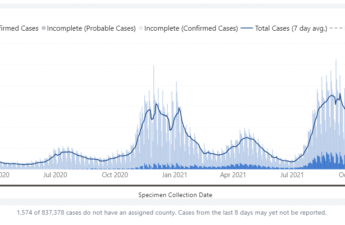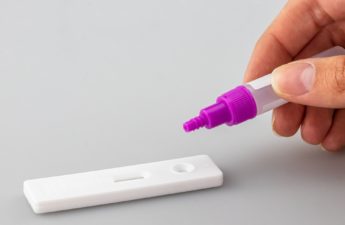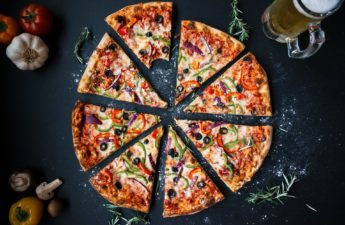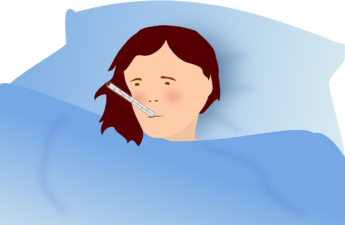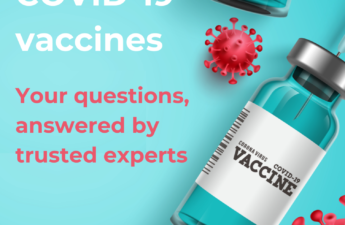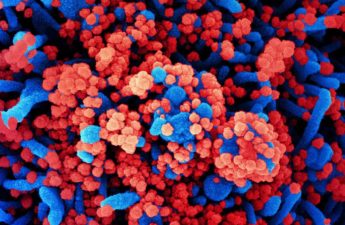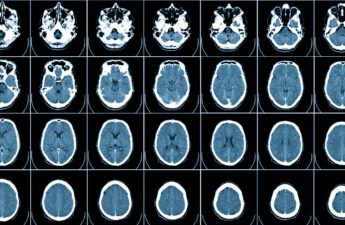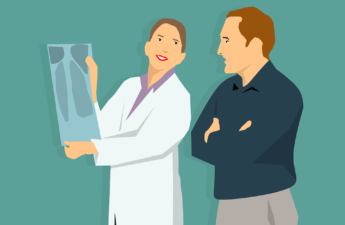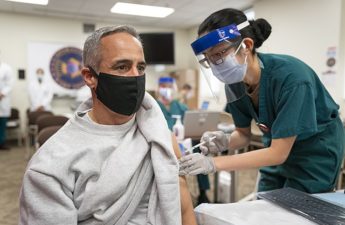Washington state’s hospitals and clinics are already stretched and strained due to an exhausted and understaffed workforce who have been caring for more patients than ever before.
Long Covid is Pitting Patients Against Doctors. That’s A Problem.
Long Covid patients have described feeling dismissed and “gaslit” by doctors who seem to question their illness — or who seem at a loss for what to do about it.
At-home COVID-19 tests: Why they should be on your shopping list
Planning to get together with family and friends? Whether you’re traveling or hosting, you should consider adding at-home COVID-19 tests to your checklist.
Step away from the table – why you keep eating when you’re full
Let’s explore your body’s “stop eating signals” (satiety signals).
How to stay out of the hospital with omicron here – tips from Public Health – Seattle & King County
How can we keep emergency healthcare from becoming overwhelmed? How can we make sure lifesaving treatment is available when we need it most?
Time to ‘up your mask game,’ Seattle-King County public health officials say.
Because Omicron is so highly contagious, well-fitting and high-quality face masks are more important than ever. It’s one of the most important tools we have right now to limit the spread.
It could take 12 hours of walking to burn off your Christmas dinner
Or, if you prefer, you could jog for about five to six hours.
Answers from COVID experts: How do you talk to family members who aren’t vaccinated? How can the vaccines be safe if they were developed so quickly? Is natural immunity better than being vaccinated?
Why are there such strong reactions against vaccines? What is long COVID? Natural immunity vs. vaccine immunity.
The ‘runner’s high’ may result from the body’s own version of THC
Studies in humans and in animal models are pointing to endocannabinoids – not endorphins – as the star players in the runner’s high.
King County health officials expect to see big jump in omicron COVID-19 cases
Officials project the number of King County cases by next week to be three-times higher than the highest peak seen previously in the pandemic.
Nearly half of healthcare workers have considered leaving their jobs due to their pandemic experience, UW survey finds
Fifty-nine percent of nurses said that their experiences working during the COVID-19 pandemic had somewhat or significantly reduced their likelihood of remaining in their current field.
Risk factors that determine whether you’re more or less likely to develop cognitive decline
Why some people with mild cognitive impairment develop dementia while others don’t has long been a mystery. But a recent study has identified several factors that determine whether a person is more or less likely to develop mild cognitive impairment. These findings might give us a clue about who might be more likely to develop dementia.
Support and collaboration with health-care providers can help people make health decisions
Patient decision aids and decision coaching support people to have an active role in making decisions. Decision aids include booklets, videos and online tools that make the decision clear, provide options and the pros and cons, and help people clarify what matters to them.
Booster Mandates Are A Tough Call for States, Businesses
Many governments, employers and universities are struggling with whether to mandate boosters, leading to mixed messages to the public and a patchwork of policies across the country, even as COVID-19 cases see a winter surge.
Nurses in Crisis Over Covid Dig In for Better Work Conditions
Union membership among U.S. nurses has inched up over the past 15 years and held steady, at about 17%, for five years. But 2021, a year of union organizing and holdouts in such disparate workplaces as Starbucks cafes and John Deere tractor plants, might well be a turning point for essential workers in health care.
